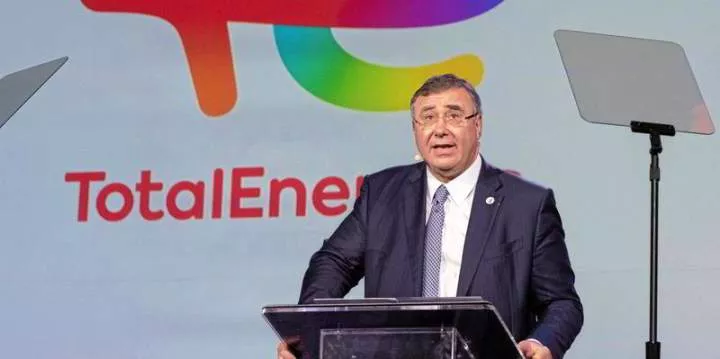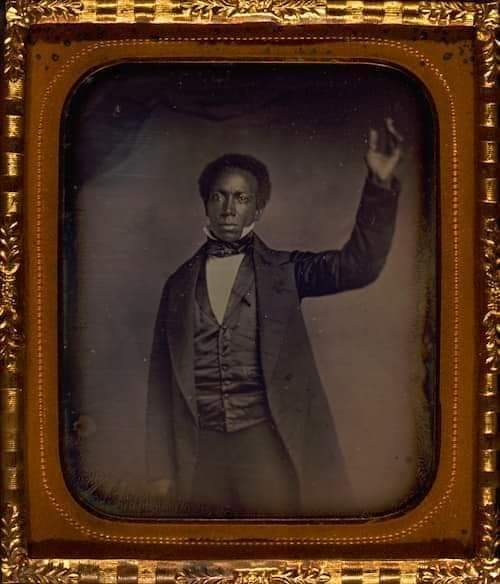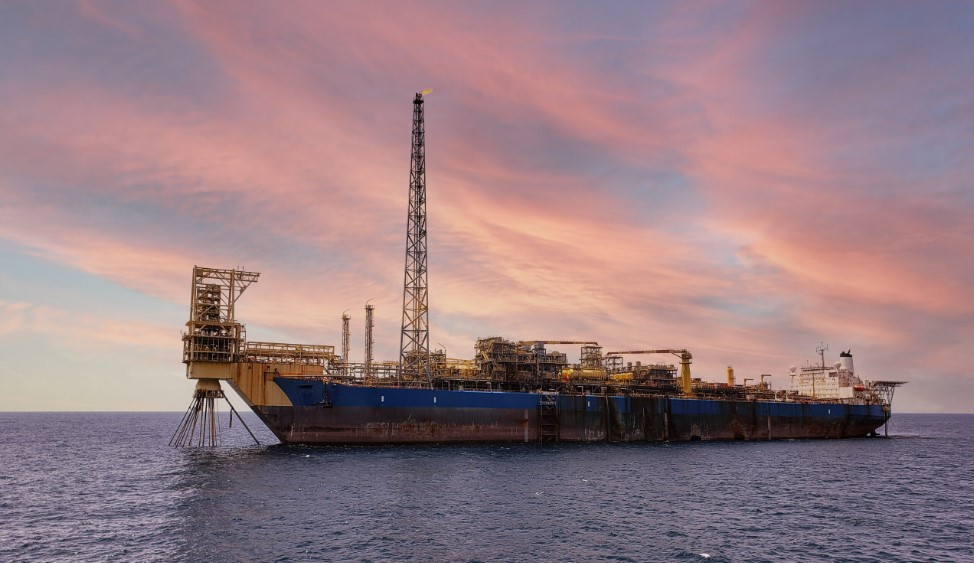Total Energies chose Angola over Nigeria for $6 billion energy project due to policy inconsistencies

Chief Executive Officer (CEO) of TotalEnergies, Patrick Pouyanne, has explained why they will be investing $6 billion in energy projects in Angola instead of Nigeria.
Explaining why they took the decision, Pouyanne who spoke with panellists of the Africa CEO in Kigali, Rwanda, said the inconsistency in policy making decisions led to the diversion of the project from Nigeria to Angola, a country with a more stable policy framework.
He also stated that while Niger Delta is the most productive region in West Africa, the erratic policy environment has made investment untenable.
He said;
“Nigeria loves to open topics without closing them. You love to debate. There is always a new legislature in Nigeria about a new petroleum law. When you have such permanent debates, it’s difficult for investors looking for long-term structure to know what direction to go.
“In reality, the Niger Delta is the most prolific part of West Africa. But if you look at what happened, because of these debates, there has not been a single exploration in Nigeria for 12 years.
“It’s important to have a debate and then settle it and put a framework on the table that investors can trust.
“We have countries that have perfectly integrated policies like Angola. So, we go to Angola and announced a very large $6 billion projects in the beginning of the week because there their framework is stable. So we know where we go.”
Pouyanne also listed insecurity and the lack of human capital as the two main issues hindering investment in Nigeria. He added;
“What are the challenges? Security comes first. For a CEO like me, security of my people is of utmost important. Fortunately, we have customs in the Niger Delta to deal with it.
“We also have finding talent has a difficulty. In some countries like Nigeria and Rwanda, we find difficult to find talent. Some of them have difficulty in education. And we can contribute to that. That’s some of the things we do, training people.”





